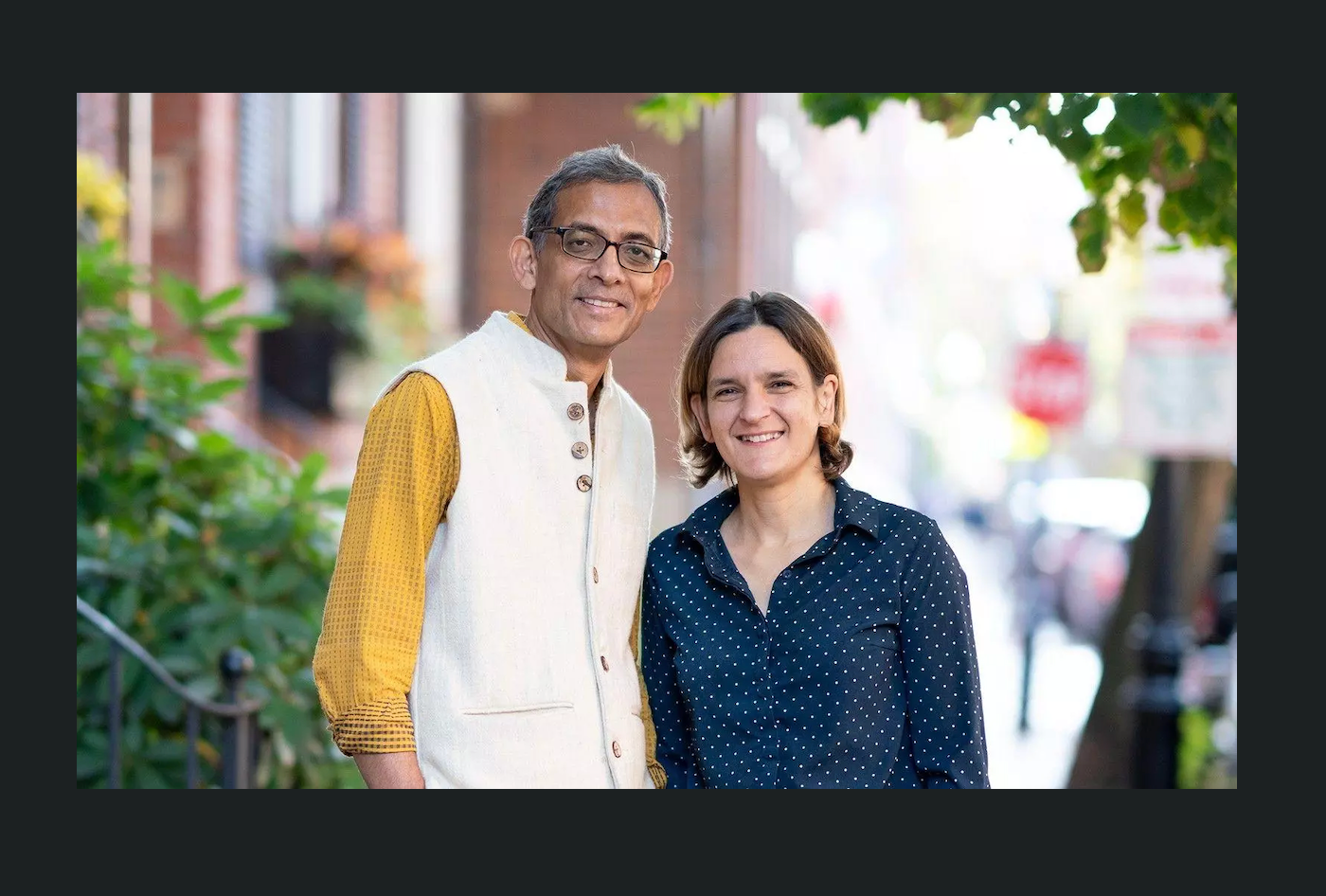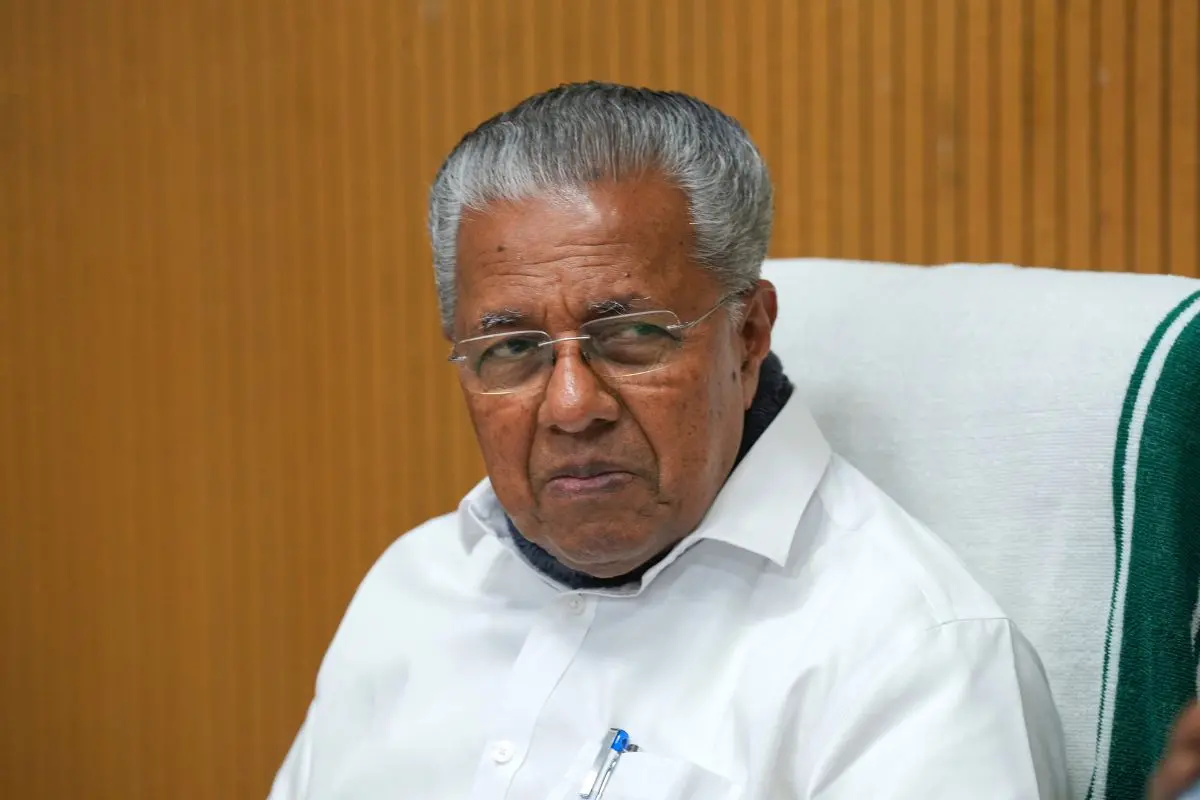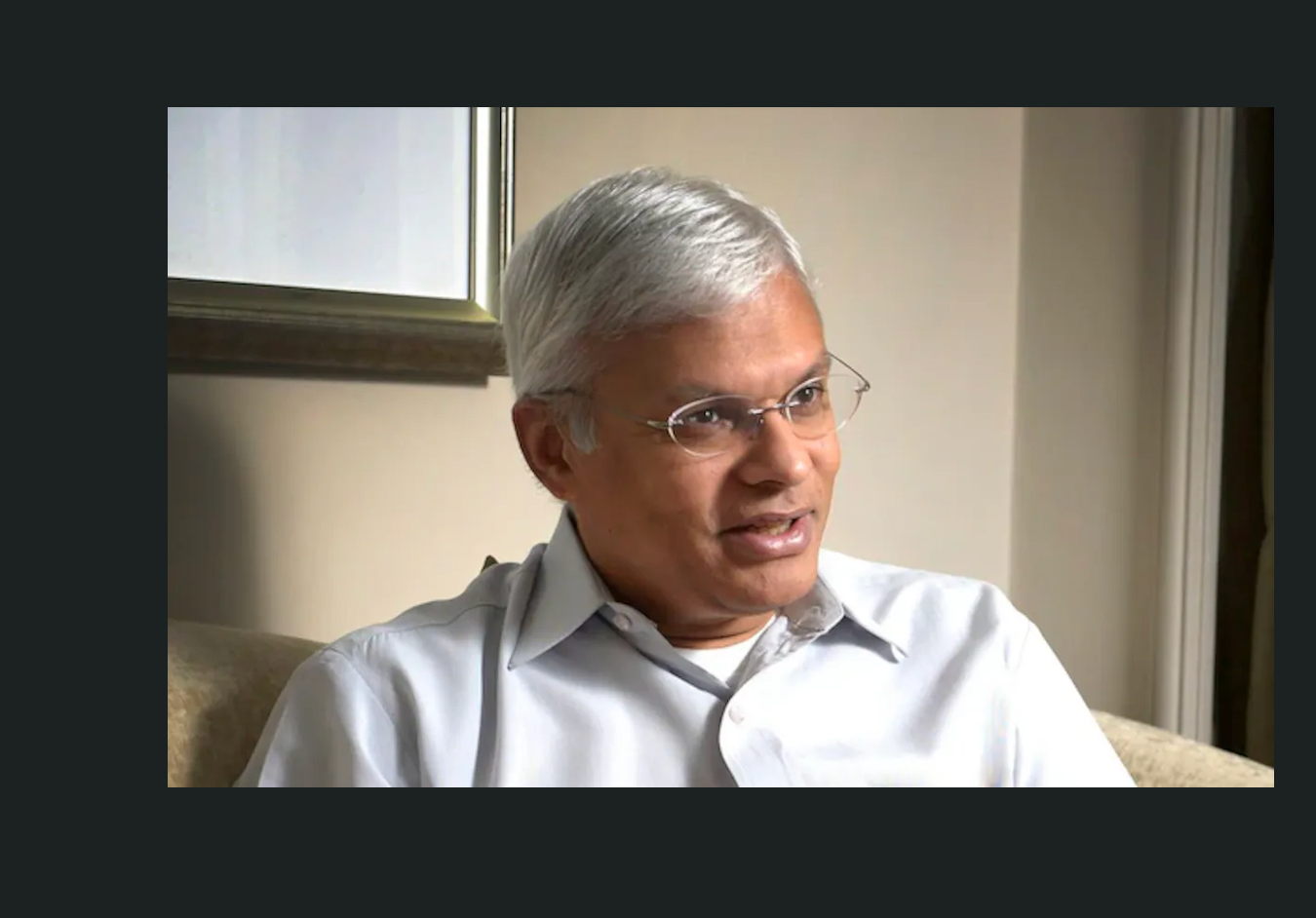- Banerjee Expands Global Work in Development Economics
- Indian-origin Nobel laureate and MIT professor Abhijit Banerjee to lead new Lemann Center for Development, Education, and Public Policy alongside wife Esther Duflo
In July 2026, Nobel Prize-winning economist Abhijit Banerjee and his wife Esther Duflo will join the University of Zurich to establish the Lemann Center for Development, Education, and Public Policy, funded by a 26 million Swiss franc donation from the Lemann Foundation. While assuming these new roles, the couple will continue their part-time positions at the Massachusetts Institute of Technology (MIT), maintaining leadership at the Abdul Latif Jameel Poverty Action Lab (J-PAL), their pioneering research initiative in global poverty alleviation, reported timesofindia.indiatimes.com.
Born in Mumbai to a Bengali father and Marathi mother, Banerjee grew up in an academically inclined family. His father, Dipak Banerjee, was an economics professor at Presidency College, Kolkata, while his mother, Nirmala Banerjee, taught at the Centre for Studies in Social Sciences. Initially enrolling at the Indian Statistical Institute, Banerjee soon switched to Presidency College, earning a BSc (Honours) in Economics in 1981. He later pursued an MA in Economics at Jawaharlal Nehru University (JNU) in 1983, where he studied under eminent economists like Anjan Mukherjee and Krishna Bharadwaj.
His academic excellence took him to Harvard University, where he completed his PhD in 1988, supervised by Eric Maskin, focusing on the economics of information. Banerjee was among the first JNU graduates to gain admission to Harvard, marking the start of an extraordinary global career.
From Kolkata’s Presidency College to Harvard and MIT, Abhijit Banerjee’s journey reflects a lifelong pursuit of using economics to fight poverty through evidence-based research and policy
After his doctorate, Banerjee taught at Princeton University and Harvard University before joining MIT in 1993. It was at MIT that he co-founded J-PAL in 2003 with Esther Duflo and Sendhil Mullainathan, revolutionising development economics through the use of randomised controlled trials (RCTs) to measure what interventions truly improve lives. Their empirical, evidence-based approach reshaped global development policies, influencing governments, NGOs, and international organisations alike.
In 2019, Banerjee, Duflo, and Michael Kremer were awarded the Nobel Memorial Prize in Economic Sciences for their experimental approach to alleviating global poverty. Their recognition marked a pivotal moment in economic thought — proving that field-based evidence could meaningfully inform large-scale public policy.
Banerjee’s work has extended beyond academia into practical reforms. His experiments in India, such as improving vaccination rates and education outcomes, showcased how behavioural insights and grounded interventions could deliver real impact.
Today, Banerjee continues to advise governments and global institutions while advocating for inclusive economic policies. His move to Zurich signals a new chapter — one that will expand his research reach in Europe while continuing his mission to connect economic theory with human progress.











